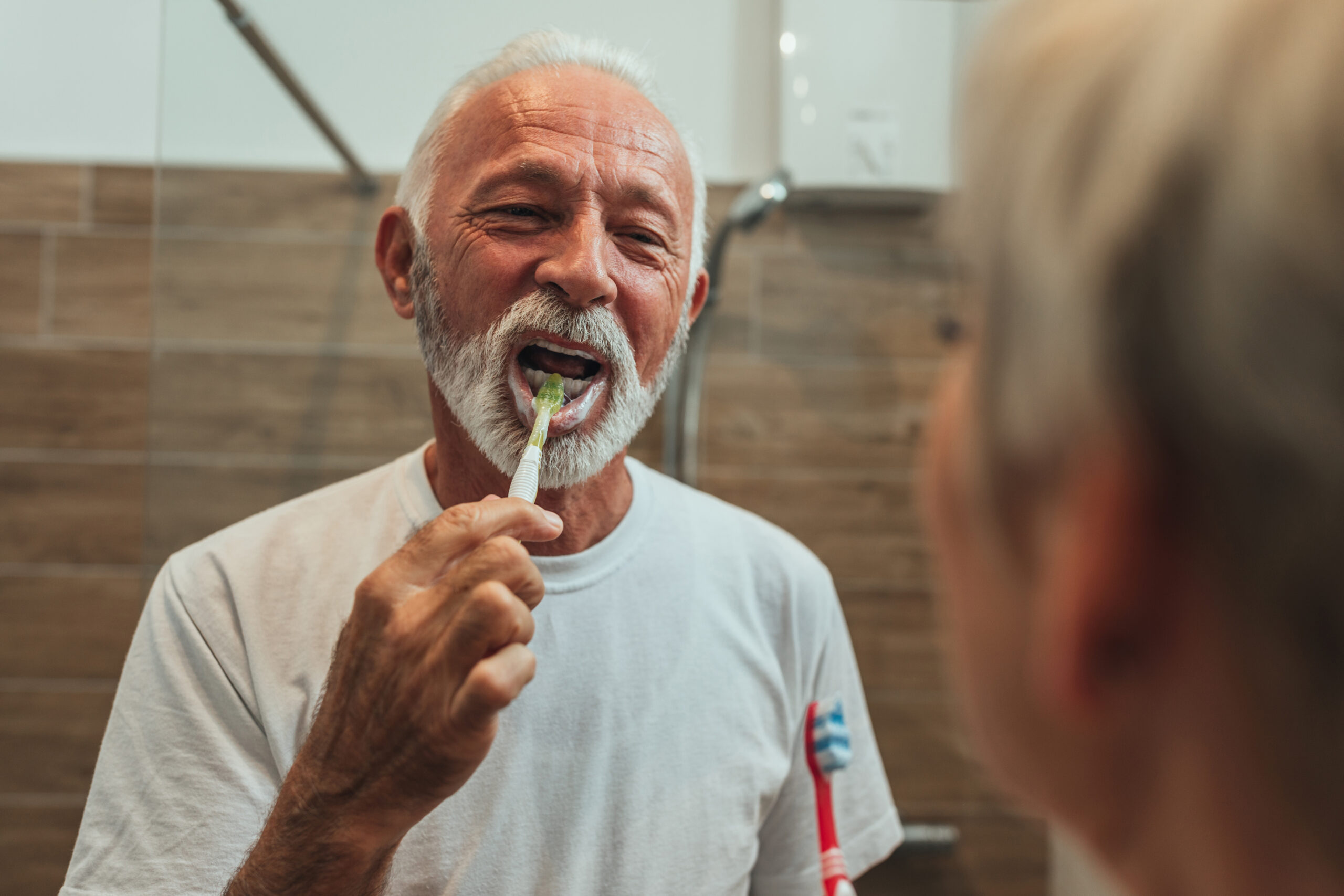Are there menopause considerations for CPAP users
Menopause and CPAP use might seem like unrelated topics, but there are some important considerations for women who are using CPAP machines during this life transition. CPAP, or Continuous Positive Airway Pressure, is a common treatment for obstructive sleep apnea (OSA), a condition where breathing stops and starts during sleep. Menopause, on the other hand, is a natural biological process that occurs in women, typically between the ages of 45 and 55, marked by hormonal changes that can lead to various symptoms.
### Menopause Symptoms and CPAP Use
Menopause brings about a range of symptoms, including hot flashes, night sweats, mood changes, and genitourinary syndrome of menopause (GSM), which includes vaginal dryness and discomfort. These symptoms can affect sleep quality, which is crucial for overall health. For women using CPAP, maintaining a comfortable sleep environment is essential. Here are a few considerations:
1. **Sleep Quality**: Menopause symptoms like hot flashes and night sweats can disrupt sleep. CPAP users might find it challenging to maintain a consistent sleep schedule due to these symptoms. Ensuring a cool and comfortable sleep environment can help mitigate these issues.
2. **Hormonal Changes**: Hormonal fluctuations during menopause can affect breathing patterns and potentially exacerbate sleep apnea symptoms. However, there is limited direct research linking menopause to increased risk of sleep apnea. Nonetheless, monitoring sleep quality and adjusting CPAP settings as needed is important.
3. **Genitourinary Syndrome of Menopause (GSM)**: While GSM doesn’t directly impact CPAP use, it can affect overall comfort and well-being. Managing GSM symptoms with appropriate treatments, such as low-dose vaginal hormones or moisturizers, can improve quality of life and indirectly support better sleep.
### Managing Menopause Symptoms for CPAP Users
For women using CPAP during menopause, managing symptoms effectively is key to maintaining good sleep quality. Here are some strategies:
– **Hormone Replacement Therapy (HRT)**: HRT can help alleviate menopause symptoms like hot flashes and night sweats, which can disrupt sleep. However, it’s essential to discuss the benefits and risks with a healthcare provider.
– **Non-Hormonal Treatments**: Options like certain antidepressants or clonidine can help manage hot flashes without hormonal therapy.
– **Lifestyle Changes**: Regular exercise, mindfulness, and maintaining a cool sleep environment can also support better sleep quality.
### Conclusion
While menopause itself does not directly affect CPAP use, managing its symptoms is crucial for maintaining good sleep quality. By addressing menopause symptoms effectively and ensuring a comfortable sleep environment, women using CPAP can better manage their sleep apnea and improve their overall well-being. Regular consultations with healthcare providers are important to tailor treatments to individual needs.





